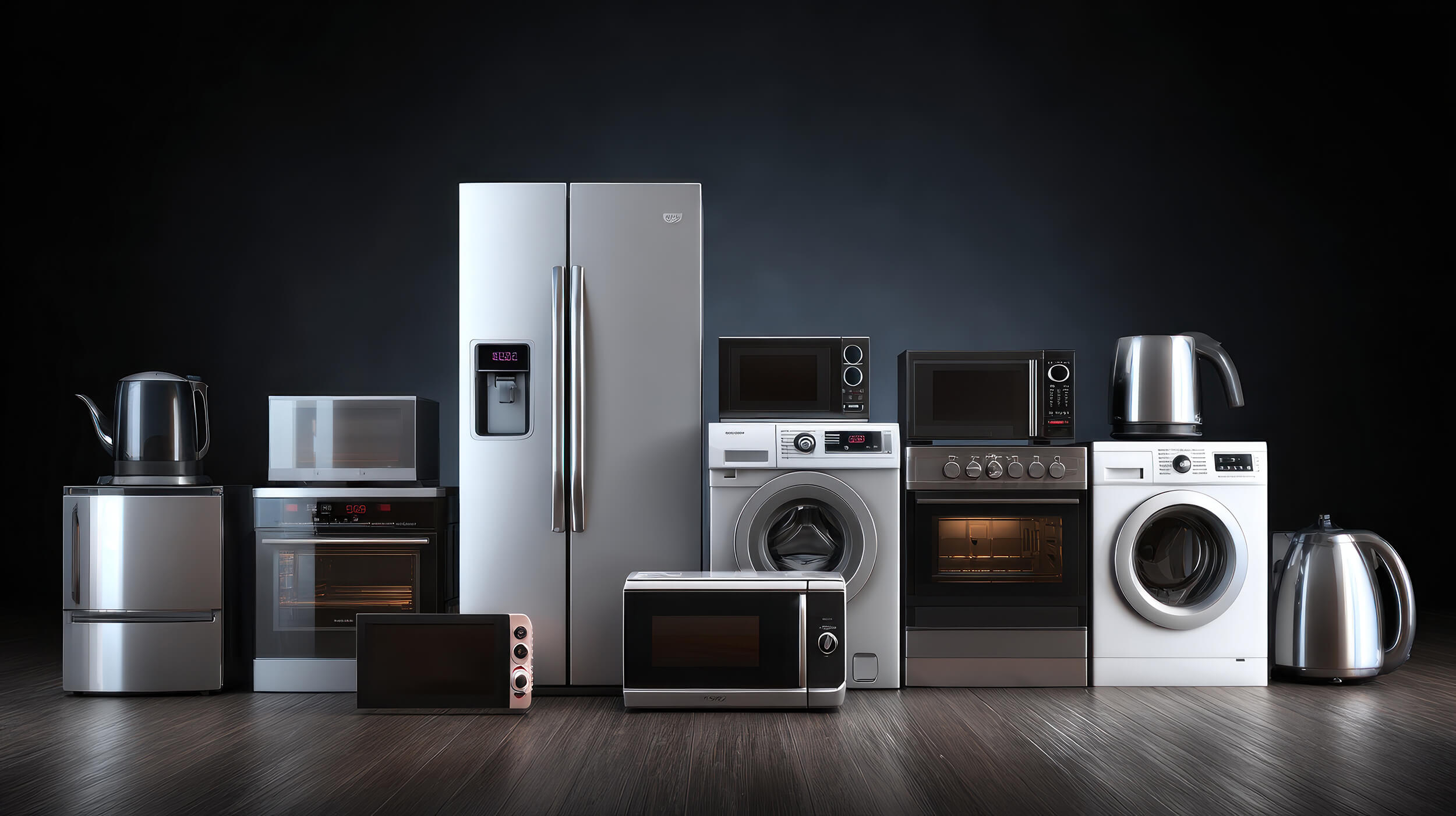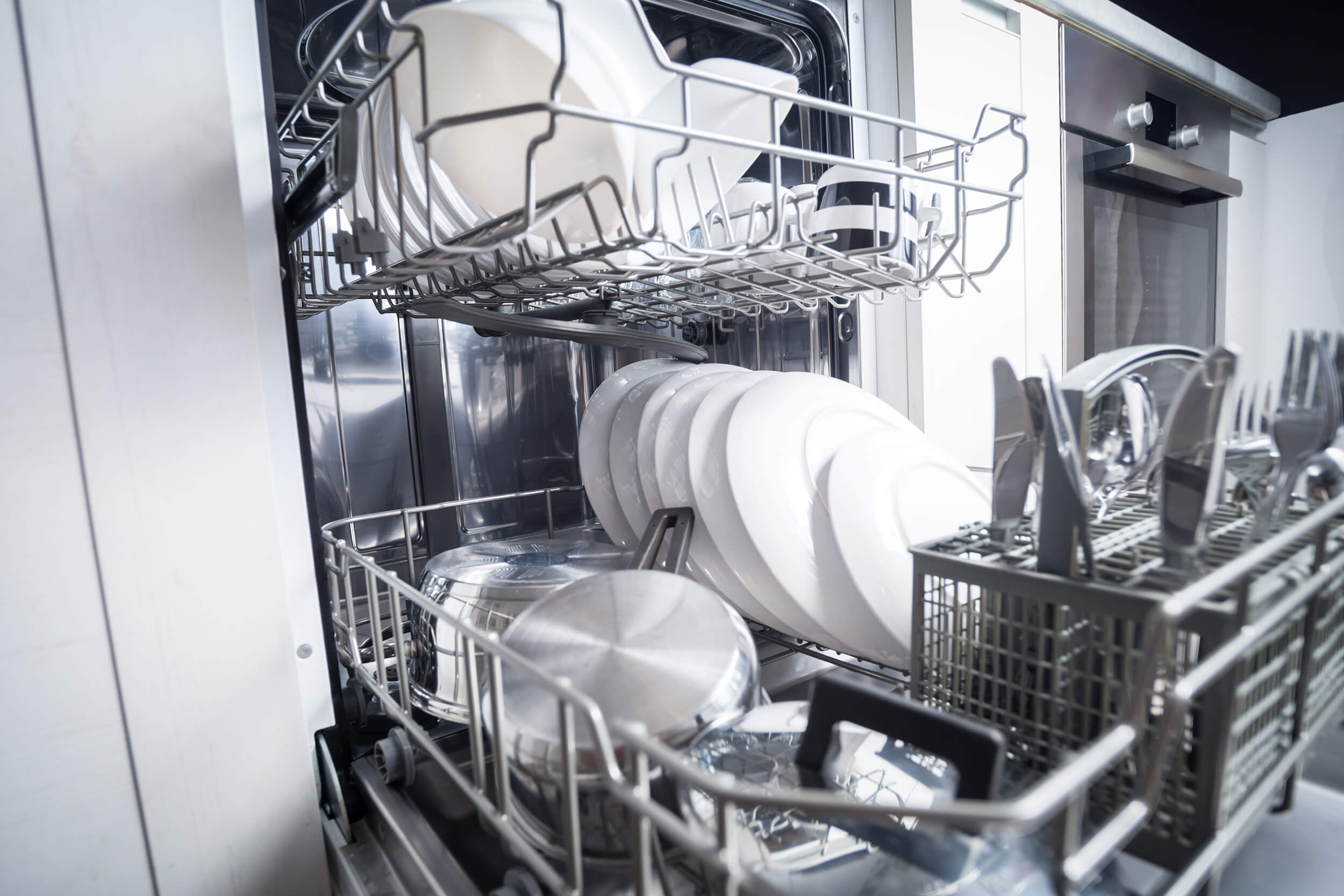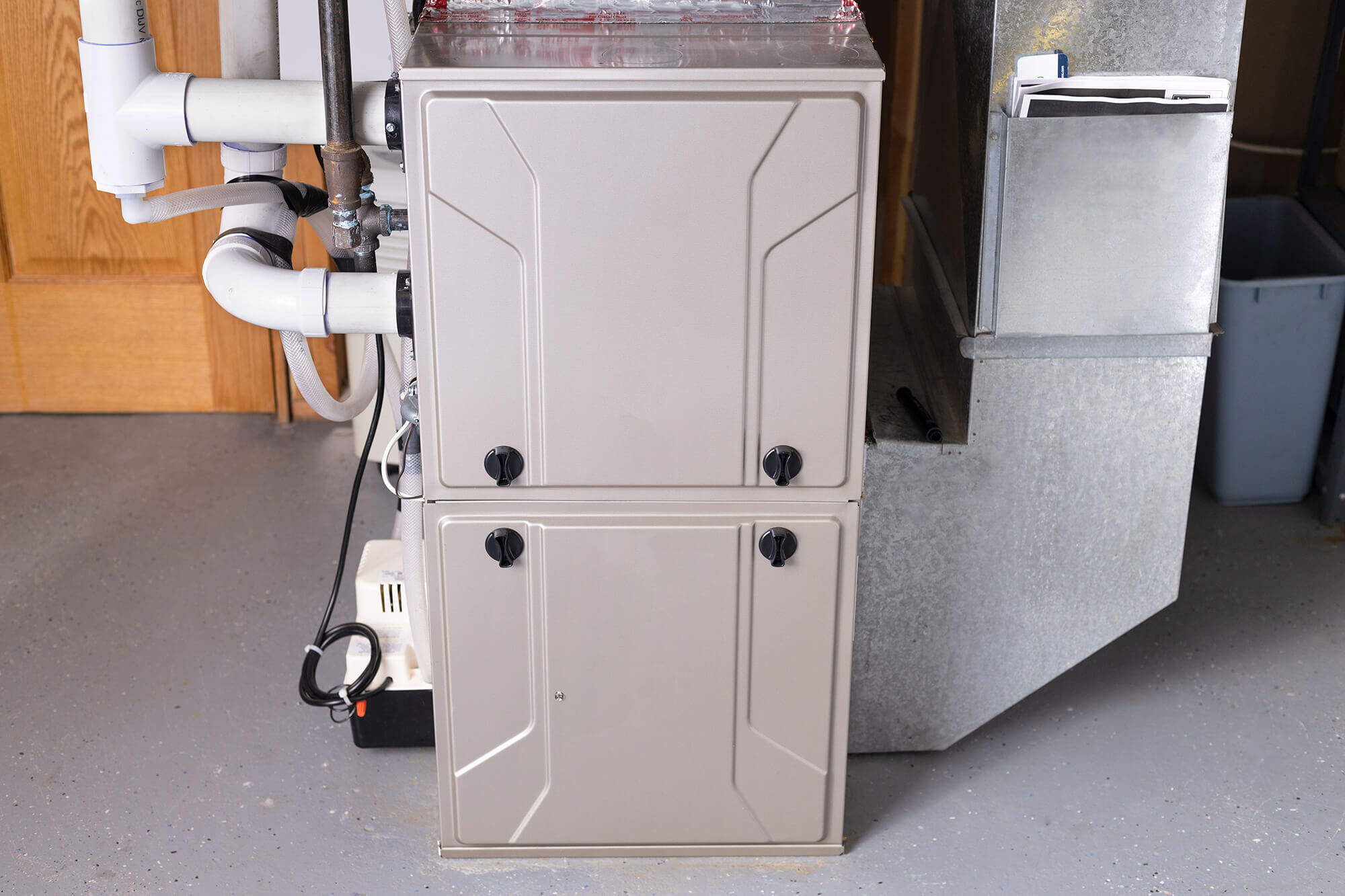Contact:
ASAP: Ben Somberg, 202-658-8129, bsomberg@aceee.org
PIRG: Jon Maunder, 708-694-9121, jmaunder@publicinterestnetwork.org

Appliance efficiency standards set by the Biden administration will save households an average of $107 on utility bills each year, according to a new analysis by the Appliance Standards Awareness Project (ASAP) and PIRG. Businesses will save a total of more than $2 billion annually.
Researchers calculated the cost savings that households in each state will see as old appliances are replaced with models that meet new standards. Impacts vary between states due to factors such as energy prices and heating and cooling needs. The study also estimates the air pollution reductions (nitrogen oxides and sulfur dioxide) that each state is set to see thanks to the standards.
The U.S. Department of Energy (DOE) updates efficiency standards for new products ranging from refrigerators and water heaters to commercial air conditioners and electric motors. The study examines the impact of the approximately two dozen standards set by DOE under the Biden administration to date.
“These updated standards will save consumers money and reduce air pollution for years to come, just by the use of more efficient appliances. It’s a clear win for Americans’ wallets,” said Abe Scarr, energy and utilities program director for PIRG. “For households and businesses across the country, the prospect of sustained annual utility bill savings and cleaner air is welcome news.”
Andrew deLaski, executive director of ASAP, said: “Consumers are going to save money year after year thanks to efficiency standards set during the Biden administration. Whether you’re replacing a water heater, a clothes dryer, or another appliance, these standards are going to ensure you get a better product that doesn’t leave you with needlessly high utility bills.”
The DOE is required by law to periodically review standards and update them if doing so is technologically feasible and economically justified. Most of the standards set or strengthened during the Biden administration will begin taking effect between 2026 and 2029, depending on the product. The new study examines the impacts over the next twenty years and presents average annual impacts across that period.
The study is based on DOE data from each rulemaking together with state-by-state data from the Energy Information Administration.
###
The Appliance Standards Awareness Project (ASAP) advocates for appliance, equipment, and lighting standards that cut planet-warming emissions and other air pollution, save water, and reduce economic and environmental burdens for low- and moderate-income households. ASAP’s steering committee includes representatives from environmental and efficiency nonprofits, consumer groups, the utility sector, and state government.
PIRG is an advocate for the public interest. We speak out for the public and stand up to special interests on problems that affect the public’s health, safety and wellbeing.




